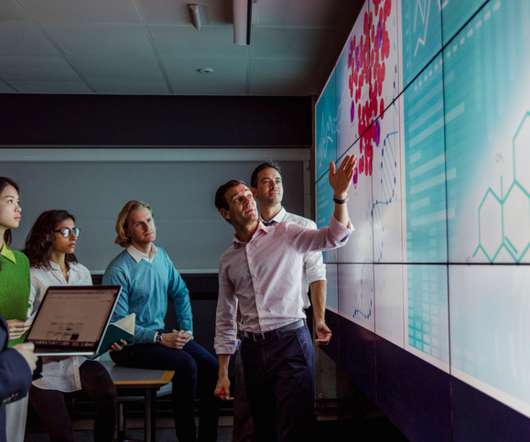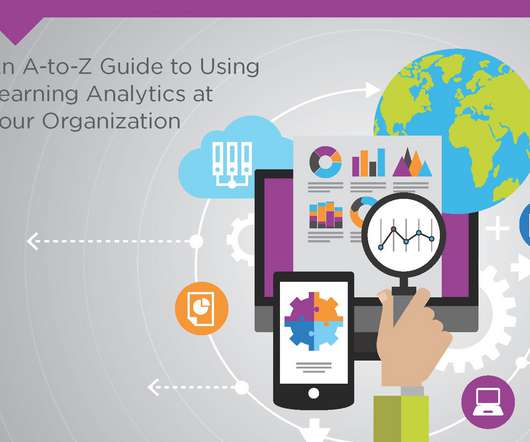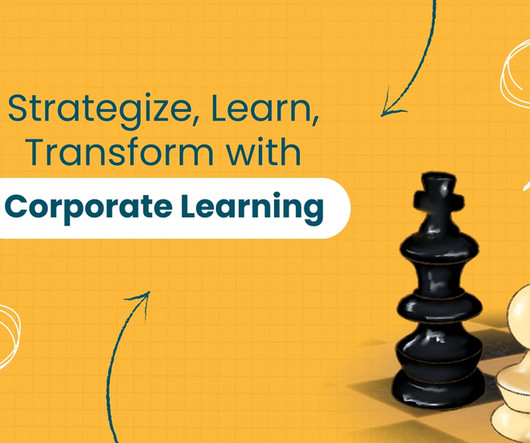Free learning & development webinars for April 2022
Limestone Learning
MARCH 29, 2022
PT: How Action Learning Drives Teams, Talent and Business Impact Employers face daunting challenges at every turn. Action learning, where colleagues work and learn together in teams, while tackling business-critical projects, is an underutilized secret weapon. Thursday, April 14, 2022, 8 a.m.–9



































Let's personalize your content